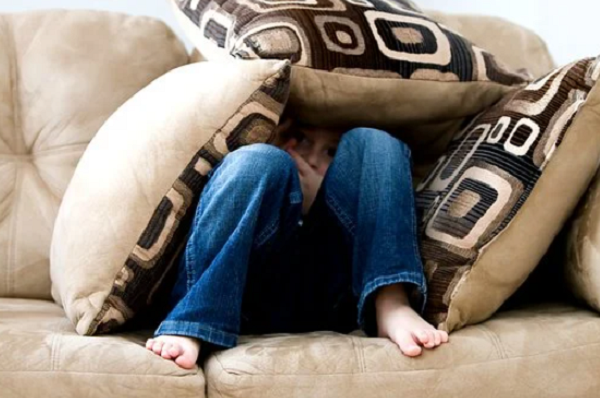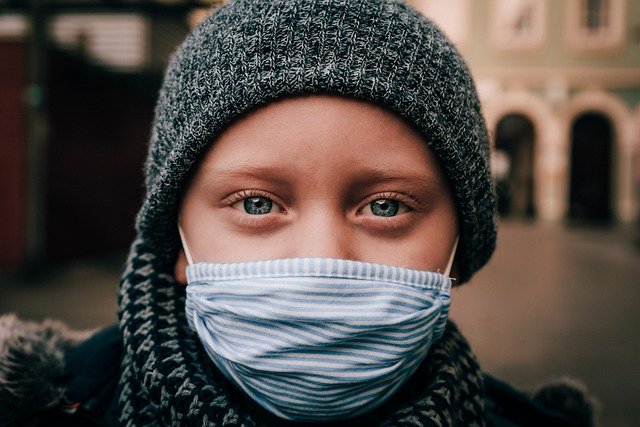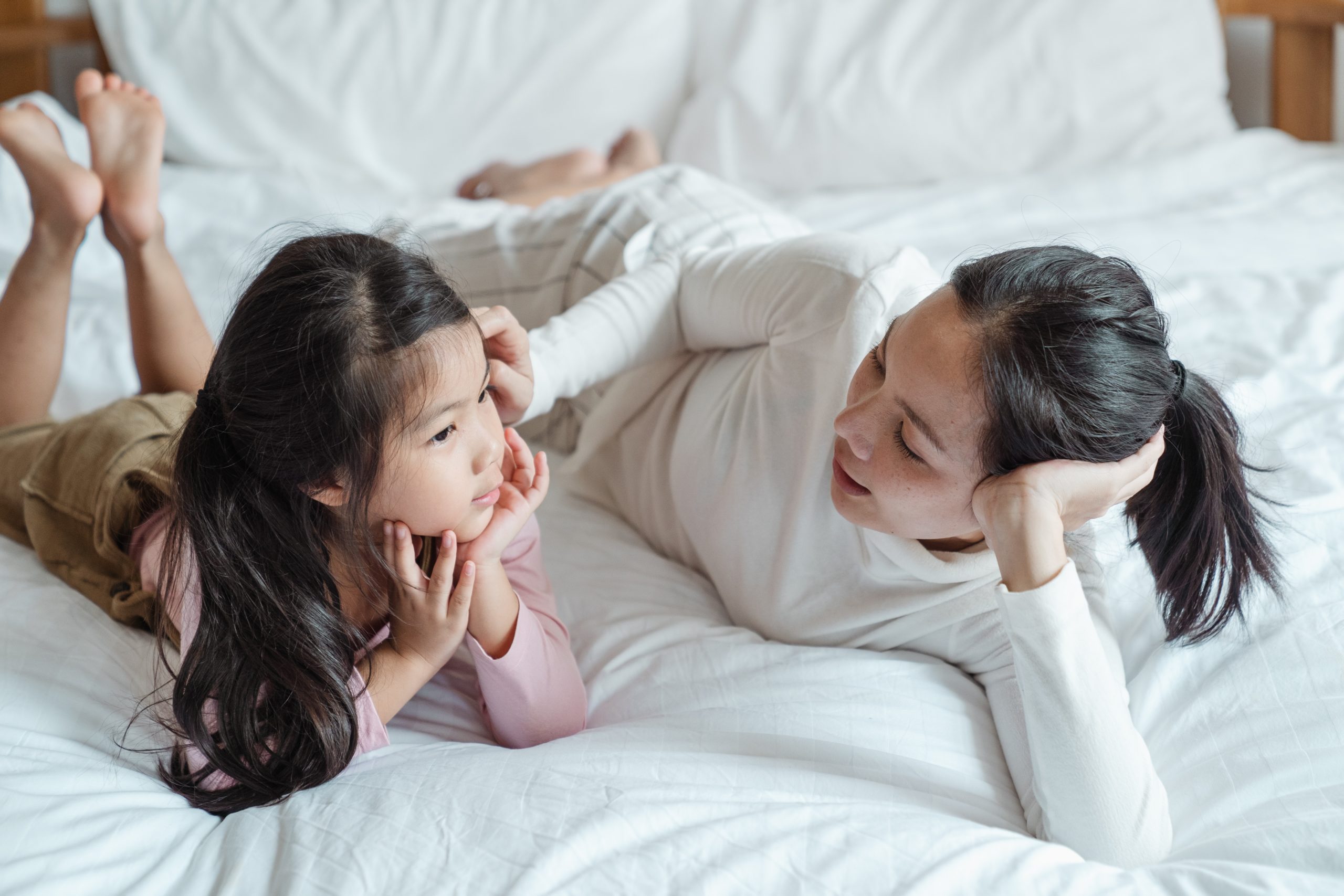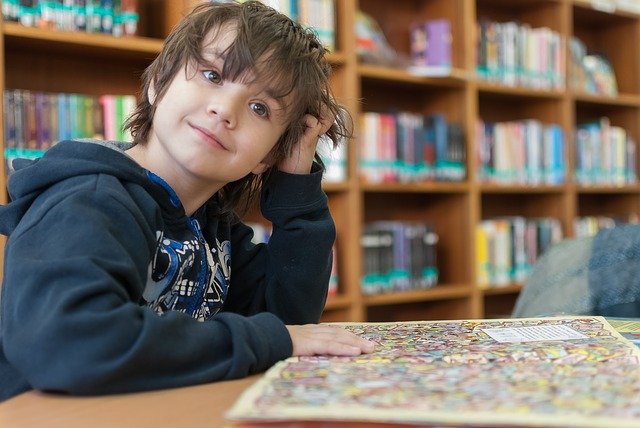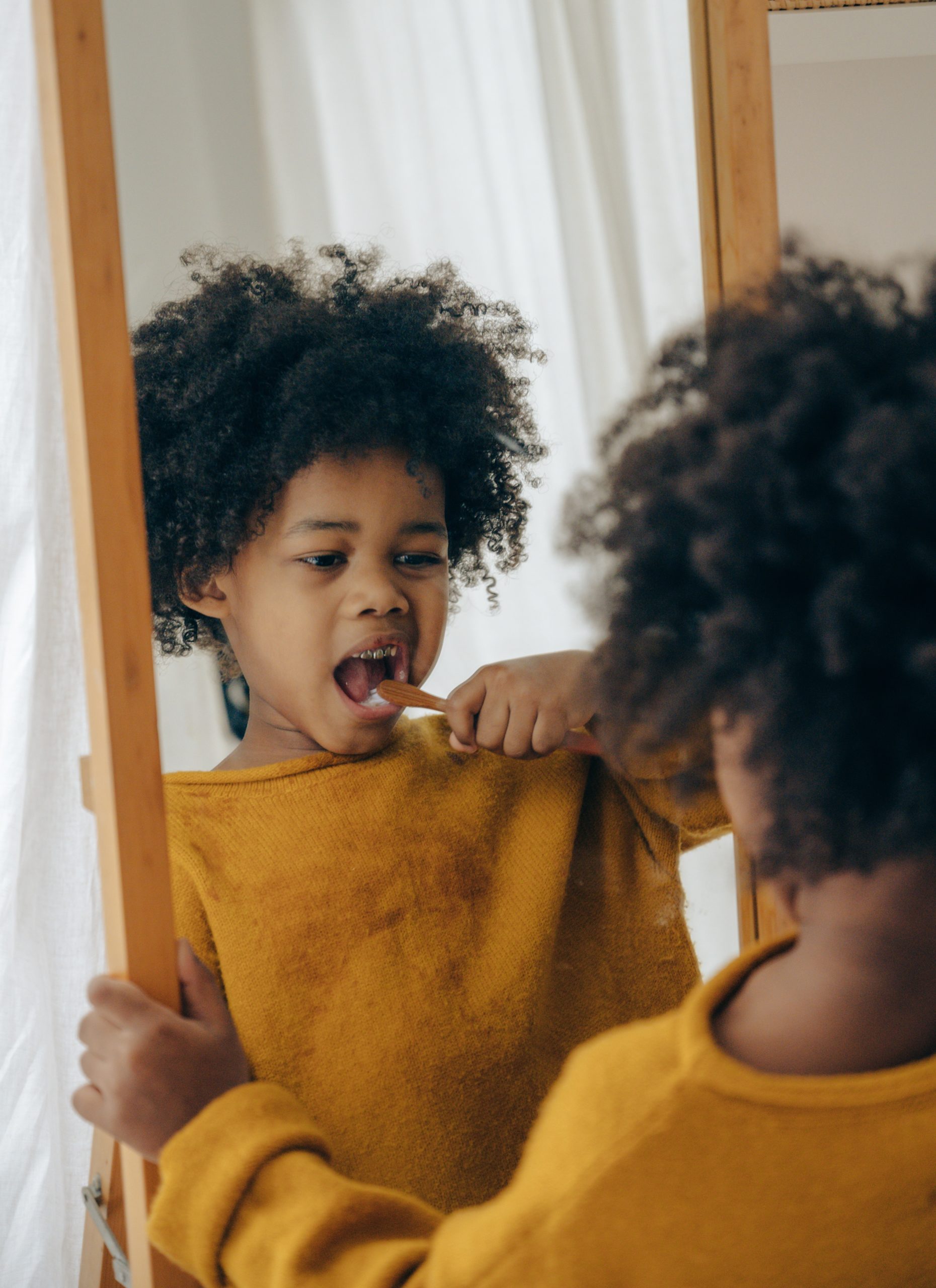There’s no denying we are living in stressful times. Many parents are noticing an increase in their children’s anxiety levels during the COVID-19 pandemic. While some worrying is a normal part of life, recognizing when it’s having a negative impact on everyday activities is crucial for kids’ mental health.
Videos by InspireMore
It may be tempting to protect your kids from anxiety by creating a “worry-free” lifestyle, but that’s just not possible most of the time. Instead, try using some of the tips and techniques below to help children cope in a calm, productive way!
1. Recognize what kind of anxiety your child is experiencing.
If your child worries a lot about things that will probably never happen, or if they feel nervous that “something bad” will happen, they could have generalized anxiety. However, if their nerves kick in when they have to be around other people or strangers, it could be social anxiety at play.
Identifying which kind of anxiety they’re experiencing can help you find the coping mechanisms that suit them best.
2. Identify the reason for their worry.
Mental anxiety often manifests in physical ways. Some kids have a hard time getting to or staying asleep. Others might come down with a stomachache or headache whenever a stressful situation arises.
Sometimes the reason for their anxiety is obvious, like a move to a new town or the loss of a loved one. Other times the reasons are less clear. It could take a gentle, supportive listening ear to get them to open up and explain what’s on their mind.
3. Come up with strategies.
Once you know what kind of anxiety they’re experiencing and what’s causing it, give them the tools to fix it. Start with learning how to manage anxiety instead of avoiding it.
For example, kids who are worried about the pandemic can be empowered by taking proactive steps toward safety. Wearing a mask, practicing hand hygiene, and maintaining social distance are ways they can protect themselves. Finding opportunities to help others stay safe and healthy can be a welcome diversion as well!
4. Reframe negative thinking and the cycle of “what ifs.”
Anxious children tend to overgeneralize and see things in a negative light. Teaching them to examine their fears and see them in a different way can help.
Ask them to say their worries out loud, then ask if the worry is likely to happen or not. Brainstorm ways to reframe the negative thought in a positive way. For example, they could ask themselves, “What if something wonderful happened instead?”
5. Consider the worst-case scenario.
We often worry because we feel helpless. Give kids their power back by allowing them to consider the worst possible outcome. Even the most difficult event is something they are strong enough to get through! Plus, just saying it out loud can help them realize how unlikely their fear is to happen.
6. Empathize every day.
Just telling your child not to worry doesn’t help. In fact, if they think their feelings aren’t valid, it can make their anxiety much worse! You want them to know you’re on their side and that you are ready to listen and help them work through their feelings anytime.
7. Find ways to work through the worry.
Give them healthy, productive methods to work through their stress. Practice the following strategies together so they can access the techniques when you’re not there:
- Write down their fears and worries in a journal.
- Practice emptying their mind using deep breathing or meditation.
- Reframe negative thoughts as positive ones.
8. Stick to a routine.
When you have an anxious child, it’s especially important to have structure and consistency in your home. Having a set schedule gives children a feeling of being in control. They’ll know what to expect each day, eliminating the need to worry about those aspects of their lives.
9. Keep the body healthy.
Regular bedtimes, nutritious meals, and daily exercise keep kids healthy mentally and physically. Fitness and nutrition also give children a beneficial topic to explore, helping them focus on maintaining a mind-body connection.
10. Talk to your doctor.
If it seems like worry is taking over their everyday life, it might be time to talk to their doctor. Physicians may refer you to a specialist for treatments like talk therapy, which helps kids (and adults!) identify their anxiety triggers and cope with them in a healthy way. There’s also medication that can help in some cases.
There’s nothing our kids can’t overcome or accomplish with a loving support system in place! Just being present and listening goes a long way.
Don’t forget to share these tips to help more kids through these uncertain times.
Want to be happier in just 5 minutes a day? Sign up for Morning Smile and join over 455,000+ people who start each day with good news.



